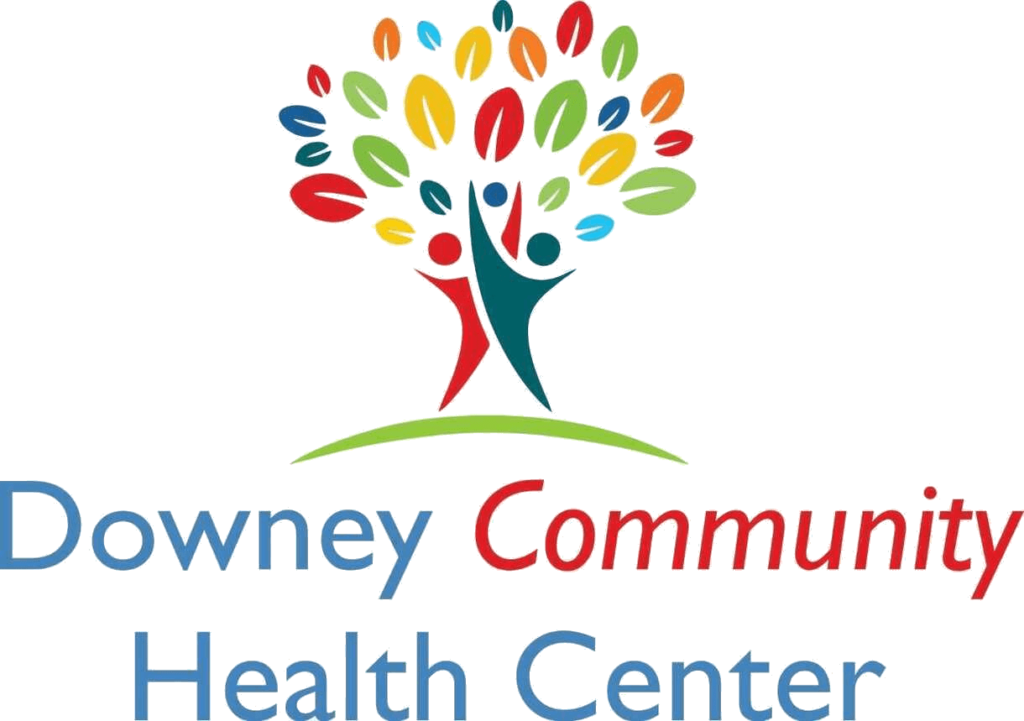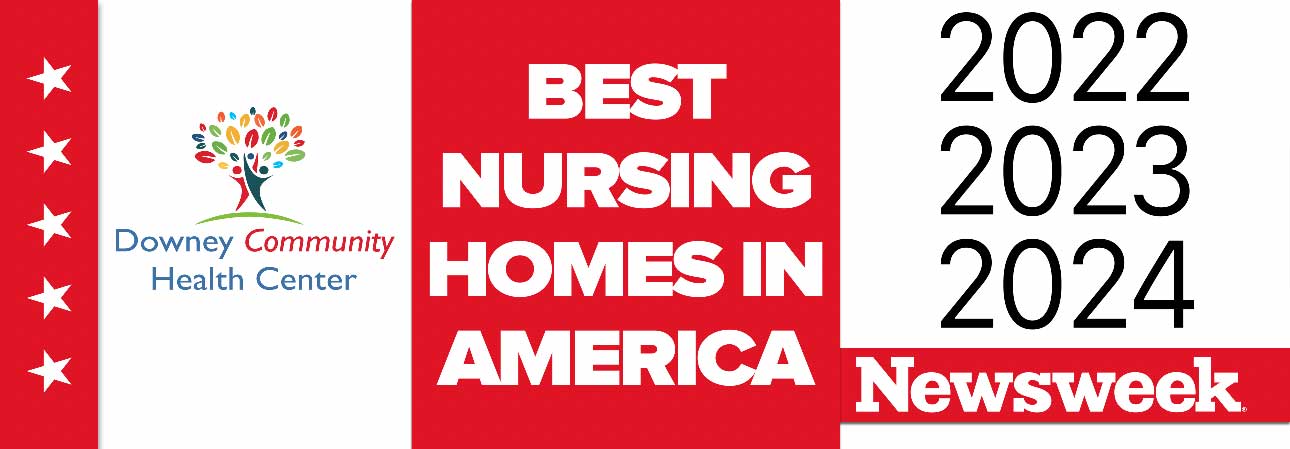A Skilled Nursing Facility (SNF) is a healthcare institution specifically designed to provide around-the-clock nursing care and rehabilitation services to patients who require a higher level of medical care than can be provided at home or in an assisted living facility.
The concept of skilled nursing services has evolved significantly over the years. In the early 20th century, many individuals with chronic illnesses or post-surgical needs were cared for in large hospitals or asylums.
This changed with the introduction of Medicare and Medicaid in the 1960s, which established funding mechanisms for specialized care facilities designed to cater to elderly and disabled individuals. This development led to a proliferation of SNFs, providing a more appropriate and focused setting for long-term and rehabilitative care.
Skilled Nursing Facilities in the United States are regulated by both federal and state agencies to ensure they meet high standards of care and safety. Additionally, state health departments conduct regular inspections and provide licensing and certification to ensure compliance with both state-specific and federal regulations.
Understanding Skilled Nursing Care
Skilled nursing care refers to a high level of medical care that must be provided by trained and licensed nurses. This type of care is typically required for patients who have undergone surgery, experienced significant illness, or have chronic conditions requiring ongoing medical attention.
The focus is on providing comprehensive care that includes not only medical treatment but also physical rehabilitation, dietary management, and daily living assistance.
Types of Patients Served
Skilled nursing communities cater to a diverse group of patients. These can include elderly individuals who need long-term care due to age-related conditions, such as dementia.
Additionally, they serve patients recovering from surgical procedures who need intensive rehabilitation. Skilled nursing care is also vital for individuals with chronic illnesses, such as diabetes or heart disease, that necessitate regular medical intervention and monitoring.
Services Offered
The services provided at skilled nursing facilities are extensive and individualized based on patient needs. Common services include 24-hour supervision by skilled nurses, rehabilitation services such as physical, occupational, and speech therapy, and assistance with personal care activities like bathing, dressing, and eating.
Medical services might also consist of administering medications, wound care, intravenous therapy, and management of health conditions. Social and recreational activities are often available to support the mental and emotional well-being of residents.
Difference from Assisted Living Facilities
One of the primary differences between skilled nursing facilities and assisted living facilities lies in the level of medical care provided. Assisted living facilities are more appropriate for individuals who need some help with daily activities but do not require intensive medical care.
These facilities offer a more residential lifestyle, with staff support for personal care, meals, and basic health monitoring. In contrast, skilled nursing facilities provide a much higher level of medical care and are equipped to handle complex health issues, making them suitable for patients with significant medical needs.
Design and Facilities
Skilled nursing facilities are meticulously designed to cater to the comprehensive needs of residents, ensuring both comfort and functionality.
The layout typically includes private and semi-private rooms equipped with necessary furniture, such as beds and wardrobes, providing a home-like environment.
Communal spaces like dining rooms, lounges, and activity areas encourage social interaction and recreational activities. Accessible bathrooms and handrails throughout the facility enhance mobility for individuals with varying levels of physical ability.
Layout and Amenities
A well-thought-out layout and a plethora of amenities are integral to skilled nursing facilities. These facilities generally encompass spaces for physical therapy, occupational therapy, and other rehabilitation services.
Additionally, on-site amenities often include beauty salons, chapels, and gardens, aimed at enhancing the residents’ quality of life. The thoughtful arrangement of these spaces ensures maximum convenience and encourages a positive atmosphere for both residents and staff.
Medical Equipment and Technology
Advanced medical equipment and cutting-edge technology play a crucial role in the operations of skilled nursing facilities. These might include essential devices like oxygen tanks, dialysis machines, and state-of-the-art monitoring systems to keep track of residents’ vital signs.
Furthermore, electronic health records (EHR) systems facilitate seamless access to medical histories, ensuring that the medical staff can deliver high-quality, personalized care. Telemedicine capabilities also allow for remote consultations with specialists, further enhancing the level of care provided.
Safety Measures
Safety is paramount in skilled nursing facilities, with numerous measures in place to protect residents. Fire safety systems, including smoke detectors and sprinkler systems, are standard features.
Emergency call systems are installed in both communal and private areas to allow residents to summon help quickly if needed. Additionally, rigorous infection control protocols, regular staff training, and secure entry points ensure a safe environment conducive to health and well-being.
Daily Operations
A skilled nursing facility (SNF) operates daily with a focus on providing comprehensive care tailored to each resident’s needs.
The daily operations of an SNF involve coordination among various departments to ensure the smooth delivery of services, ranging from nursing and rehabilitation to dietary and housekeeping. Staff members work collaboratively to maintain a safe and supportive environment for residents.
Nursing Care Plans
Nursing care plans are fundamental to the residents’ well-being in an SNF. These personalized care plans are developed based on thorough assessments and are continuously updated to reflect changes in the resident’s health status.
They include medication management, wound care, and other essential nursing interventions to promote optimal health outcomes.
Rehabilitation Programs
Rehabilitation programs in an SNF are designed to help residents recover from illnesses, surgeries, or injuries.
These programs incorporate physical, occupational, and speech therapies, tailored to each resident’s unique needs and goals. The aim is to enhance their functional abilities and improve their quality of life.
Dietary Services
Dietary services play a critical role in ensuring that residents receive balanced and nutritious meals that meet their specific dietary needs and preferences.
Registered dietitians work with the culinary team to design menus that cater to various health conditions, such as diabetes or hypertension, while also accommodating personal tastes and cultural considerations.
Specialized Care Programs
- Alzheimer’s and Dementia Care
- Palliative and Hospice Care
- Chronic Disease Management
Patient and Family Support
Skilled nursing facilities prioritize comprehensive support for both patients and their families. This support encompasses various aspects, from emotional reassurance to practical assistance, ensuring that patients feel cared for and families stay informed and involved in the care process.
Personalized care plans minimize stress and promote an environment where patients can thrive and families can be actively engaged.
Counseling Services
Counseling services are an integral component of the care provided in skilled nursing facilities. These services offer emotional and psychological support to patients and their families, addressing issues such as anxiety, depression, and coping with illness.
Trained counselors work with individuals to develop strategies for managing stress, navigating complex emotions, and improving overall mental well-being during their stay.
Educational Resources
To empower patients and their families with knowledge, skilled nursing facilities offer a wealth of educational resources.
These materials cover a wide range of topics, from understanding medical conditions and treatment options to tips for caregiving and promoting a healthy lifestyle. Education helps demystify the healthcare process, enabling patients and their families to make informed decisions and actively participate in the care journey.
Community Engagement
Community engagement is vital in skilled nursing facilities to foster a sense of belonging and social connection. Activities and programs designed to encourage interaction among residents, staff, and local community members create a vibrant and supportive environment.
From group activities and social events to volunteer opportunities, community engagement positively impacts the residents’ quality of life and well-being.
Transitional Care and Discharge Planning
Transitional care and discharge planning are crucial components of a patient’s journey in a skilled nursing facility (SNF). Transitional care ensures a smooth and safe shift from one care setting to another, such as from a hospital to a SNF, or from a SNF back home.
Effective discharge planning involves a comprehensive assessment of the patient’s needs, coordination with the entire care team, and clear communication with the patient and their family. This planning aims to diminish the risk of readmission, ensure continuity of care, and support the patient’s overall well-being.
Care Coordination
Care coordination is an essential aspect of a skilled nursing facility, integrating various medical and support services to provide thorough care to patients. This involves collaboration among healthcare providers, case managers, social workers, and patients’ families.
Effective care coordination ensures that all aspects of the patient’s treatment and recovery are aligned, resulting in a holistic approach that addresses both medical and personal needs. This meticulous coordination helps optimize treatment outcomes and enhance the patient’s overall experience in the facility.
Rehabilitation Goals
Rehabilitation goals in a skilled nursing facility are tailored to each patient and focus on achieving the highest level of independence possible. These goals are established by a multidisciplinary team that may include physical therapists, occupational therapists, speech therapists, and medical professionals.
The objectives often cover improving mobility, enhancing daily living skills, and regaining strength and functionality after an illness or surgery. Setting clear, attainable rehabilitation goals helps motivate patients and track their progress throughout their recovery journey.
Follow-up Care Arrangements
Follow-up care arrangements are vital to ensuring sustained recovery and preventing complications after a patient is discharged from a skilled nursing facility.
These arrangements might include scheduling follow-up appointments with healthcare providers, coordinating home health services, or organizing outpatient rehabilitation.
Communication with primary care physicians and other specialists is crucial to continue the progress made in the SNF. Proper follow-up care helps maintain the patient’s health, supports their ongoing treatment, and provides them with access to necessary resources and support systems.
The Role and Future of Skilled Nursing Facilities
Skilled Nursing Facilities (SNFs) play a crucial role in the continuum of healthcare by providing comprehensive care for individuals who require medical and rehabilitative services beyond what can be offered in a traditional nursing home.
These facilities are staffed with licensed healthcare professionals, including registered nurses, physical therapists, and physicians, ensuring that patients receive 24/7 care tailored to their specific needs.
Skilled Nursing Facilities hold a pivotal position in the healthcare continuum by addressing the needs of patients who are not yet ready to return home but do not require the intensive care provided in a hospital setting.
As the demand for skilled nursing care continues to grow, largely due to an aging population and increased prevalence of chronic conditions, the future of Skilled Nursing Facilities presents both opportunities and challenges. Moving forward, SNFs must adapt to these evolving dynamics by integrating new technologies, prioritizing staff training and retention, and advocating for supportive policies to ensure they continue to fulfill their vital role in the healthcare system.







